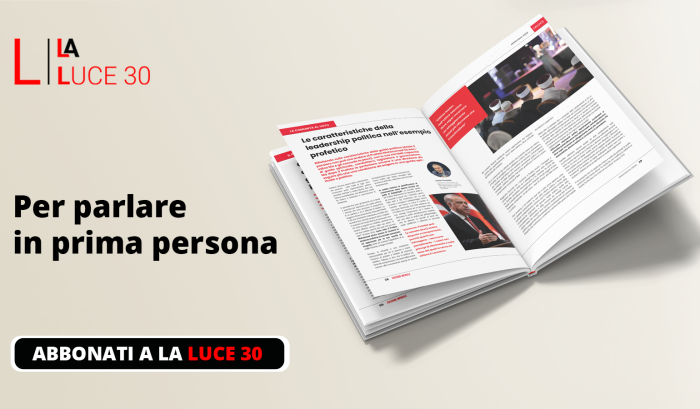We interviewed the Lebanese journalist Wajdi Al-Aridi that in his last interview to the Iraqi newspaper Al-Zaman he has declared : “The Syrian file unites Lebanese who were divided by internal political differences.” The issue of displaced Syrians is one of the security concerns that necessitates genuine dialogue between the Lebanese and Syrian governments for their safe return home. In a special meeting with journalist and political writer Wajdi Al-Aridi, we discuss this issue, which has become a significant security and demographic threat to Lebanon.
What is your assessment of this problem from a security standpoint?
This issue has begun to create a state of division among Lebanese, and it is clear that this situation is not coincidental. Political forces that previously welcomed displaced Syrians, due to their disagreement and conflict with the Syrian regime, are now confirming the need for communication between Lebanon and Syria, specifically with the regime and the Syrian government. The isolation from the regime raises questions, especially as the number of displaced people on Lebanese territory has reached two million. Therefore, the issue requires internal consensus and a regional and international decision to coordinate their safe return to Syria.
Regarding the plan, there are fears and concerns, given that the Palestinians of 1948 and the Nakba came to Lebanon for a few days or two weeks, yet they remain to this day. This situation suggests an international plan targeting Lebanon for their resettlement. This is echoed by the President of the European Union, Joseph Borrell, in the European Commission, who told one of the officials that the Syrians must remain in your country. We are fulfilling our duties by supporting them in healthcare and education, and the United Nations is providing them with financial support. Therefore, between the safe return and the plan to resettle Syrians, we await the revelations of the coming days.
Where did the Lebanese state succeed in dealing with the refugee crisis?
Undoubtedly, from a security perspective, incidents have multiplied and taken on a dangerous security dimension that may now threaten Lebanon’s stability. The efforts of concerned parties and the awareness of Lebanese figures, such as MPs Simon Abi Ramia, Neamat Ephrem, and Sheikh Farid Heikal Al-Khazen, have shown positive cooperation in preserving the country’s security and stability from any security slide that could lead to a civil war due to the killing of the General Coordinator of the Lebanese Forces Party in Jbeil. This was due to MP Sheikh Farid Al-Khazen hosting representatives of Bkerke and a Hezbollah delegation in his house. This meeting positively impacted the course of events, fostering calm, absorbing the crisis, and initiating national dialogue.
It serves as vital communication for coordination between the patriarchal edifice and Hezbollah from a national perspective, regardless of differences and various titles. Thus, we must not forget that the security forces are carrying out their duties, especially the Acting Director of Public Security, Major General Elias Al-Bisari. He is performing his role with significant achievements in border control, passport issues, smuggling, and he will visit Syria at the Lebanese government’s request to address the issue of Syrian detainees in Lebanese prisons.
Are there any channels of communication between the Lebanese government and the Syrian state regarding their safe return to Syria?
Until now, there has been communication between the Lebanese and Syrian governments about the displaced Syrians. My information indicates international meetings between the Lebanese and Syrian armies through a committee that meets to discuss the border situation, smuggling, and security issues between the two countries. The role of General Security, led by its Director General, Major General Elias Al-Bisari, has been primary in coordination in this context through the significant tasks it carries out. Despite some fabrications published in newspapers, this does not affect the truth.
Given that he is a presidential candidate, he did not nominate himself but is performing his role and security duties to control the borders and maintain Lebanon’s security and stability through communication and coordination efforts between the Lebanese and Syrian states. Any meeting between the two parties may be held at any moment due to the necessity.
In conclusion, who is obstructing this file today?
Finally, what hinders the issue of the displaced in Lebanon is the reality of internal disputes and divisions. The view towards displaced Syrians plays a major role, not to mention the international and regional implications that hinder any global agreement. A file of this magnitude and the presence of such large numbers cannot be resolved without international cooperation, coordination, and consensus. This falls under the responsibility of the European Commission, the United Nations, and the international community, according to a significant political decision by Washington, Paris, Moscow, and the Arab countries based on internal consensus and communication between the Lebanese and Syrian governments. Only then may we achieve the desired results.







